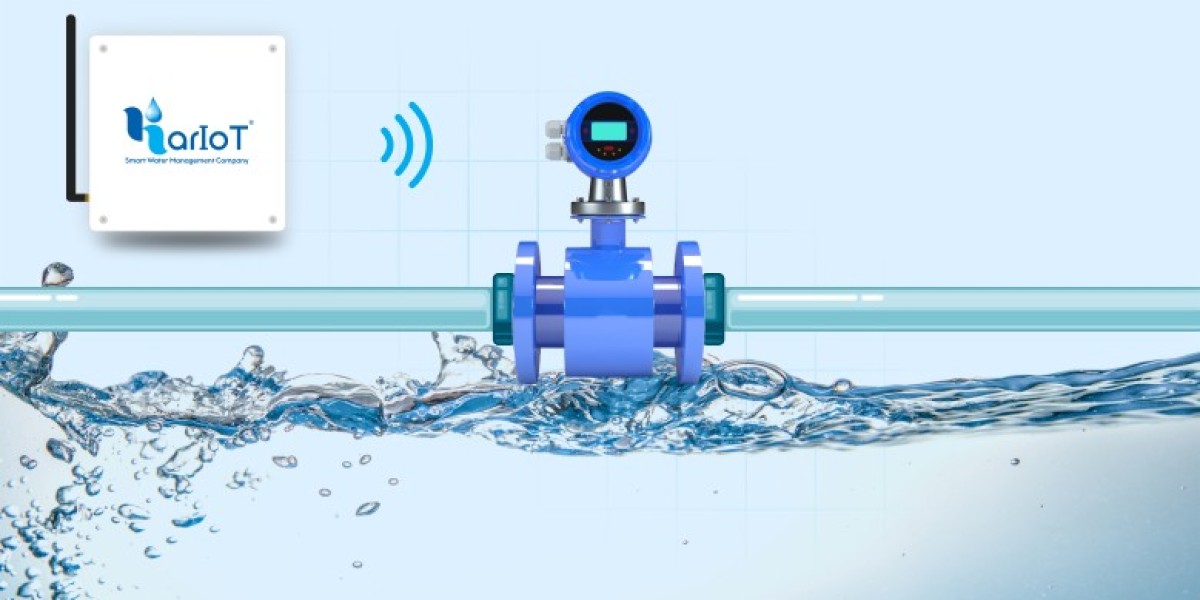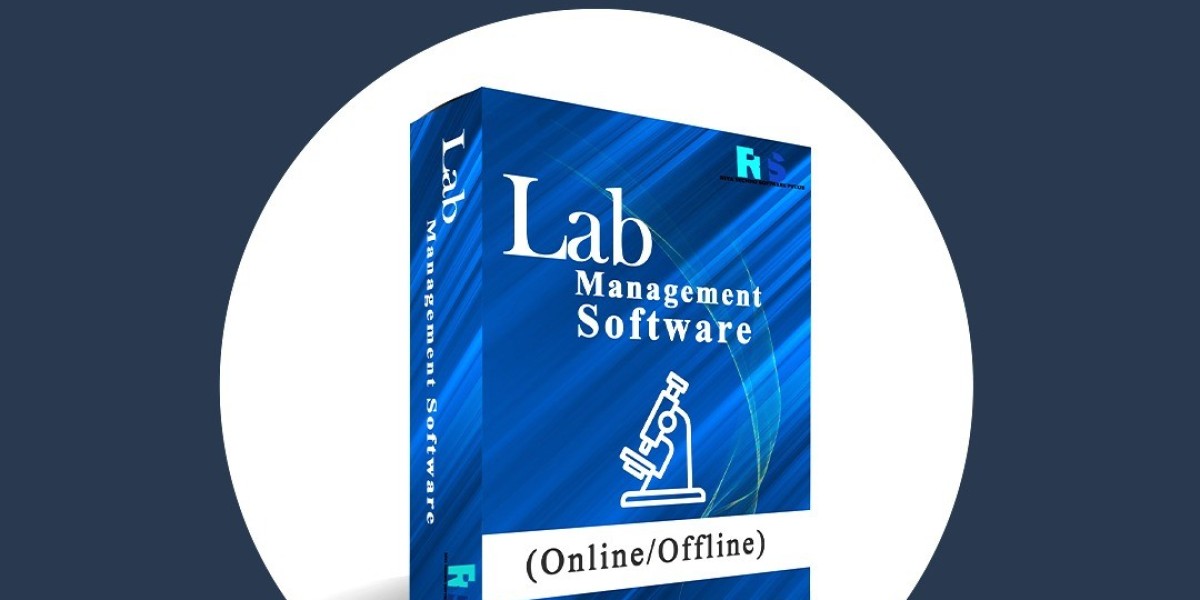In this blog, we’ll explore how smart water meters work, their benefits, and how they integrate with IoT tank level monitoring, IoT remote monitoring solutions, and smart irrigation systems using IoT for better water management.
What Are Smart Water Meters?
A smart water meter is a digital device that measures and records water consumption in real time. Unlike traditional meters, which require manual readings, smart meters automatically transmit data to users and utility providers through IoT-enabled networks like NB-IoT, LoRa, or Wi-Fi.
These devices provide accurate insights into water usage, detect leaks early, and help in optimizing consumption, leading to significant cost savings and sustainability.
How Do Smart Water Meters Work?
Smart meters use advanced sensors and wireless communication to collect and transmit water usage data. The process includes:
- Measuring Water Flow: The meter continuously tracks water consumption.
- Data Transmission: The collected data is sent to a cloud-based system using IoT technology.
- Data Analysis & Alerts: The system processes the data, identifies irregular patterns, and alerts users about excessive usage, leaks, or system failures.
- User Access & Control: Consumers and water utilities can monitor consumption through mobile apps or web dashboards.
This real-time visibility helps in reducing water wastage and ensures fair billing.
Benefits of Smart Water Meters
1. Accurate Water Usage Monitoring
With smart water meters, users can track their daily, weekly, or monthly water consumption. This prevents discrepancies in billing and eliminates the need for manual meter readings.
2. Early Leak Detection
A major advantage of smart water meters is their ability to detect leaks before they cause significant damage. If there is an unusual spike in water consumption, the system sends instant alerts, allowing quick action to fix the issue.
3. Cost Savings on Water Bills
By identifying and reducing unnecessary water consumption, smart water meters help users cut down their monthly water expenses. Water providers also benefit by reducing operational costs associated with manual meter reading and billing errors.
4. Remote Monitoring and Control
Using an IoT remote monitoring solution, homeowners, businesses, and utility companies can track water usage from anywhere. This feature is especially useful for property managers, industrial facilities, and municipalities to ensure efficient distribution and minimize losses.
5. Sustainability and Water Conservation
Smart meters encourage responsible water usage. Users become more aware of their consumption habits and make necessary changes to reduce waste. This is crucial in regions facing water shortages or drought conditions.
6. Integration with IoT-Based Solutions
Smart water meters can integrate with other IoT-based water management systems, such as:
- IoT tank level monitoring – Helps monitor and manage water levels in tanks.
- Smart irrigation system using IoT – Optimizes water usage in farming and landscaping.
These integrations create a seamless water management ecosystem, ensuring efficient use of resources.
How Smart Water Meters Work with IoT Solutions
1. IoT Remote Monitoring Solution
A smart water meter is an essential part of an IoT remote monitoring solution. By connecting the meter to a cloud-based platform, water utilities can get real-time data on water distribution, detect leaks, and optimize supply.
For example, if a city’s water network detects an unusual drop in pressure, authorities can act immediately to prevent water loss.
2. IoT Tank Level Monitoring
Many households, industries, and agricultural setups rely on water storage tanks. IoT tank level monitoring ensures that these tanks maintain the right water levels at all times. By integrating smart meters with tank monitoring systems, users can:
- Receive alerts when water levels are too low or too high.
- Prevent tank overflows and water shortages.
- Ensure efficient water storage management.
3. Smart Irrigation System Using IoT
Smart irrigation systems using IoT work alongside smart water meters to optimize water usage in agriculture. These systems analyze:
- Soil moisture levels.
- Weather forecasts.
- Real-time water availability.
This ensures that crops receive the right amount of water without wastage, improving agricultural productivity while conserving water.
Applications of Smart Water Meters
1. Residential Water Management
- Helps homeowners track their water usage.
- Reduces waste and lowers water bills.
2. Municipal Water Distribution
- Helps cities manage water supply efficiently.
- Detects leaks and prevents water losses.
3. Industrial Water Monitoring
- Tracks water usage in manufacturing plants and commercial buildings.
- Helps optimize water consumption and reduces operational costs.
4. Smart Agriculture
- Integrates with smart irrigation systems using IoT to regulate water use in farming.
- Prevents over-irrigation and enhances crop yield.
Challenges in Implementing Smart Water Meters
Despite their advantages, smart water meters face a few challenges:
- High Initial Costs: Installing smart meters requires investment in new infrastructure.
- Network Connectivity Issues: Some remote areas lack stable internet or IoT connectivity.
- Data Security Concerns: Smart meters transmit data over networks, which raises cybersecurity risks.
However, with technological advancements, these challenges are being addressed through improved connectivity, lower costs, and better data encryption.
The Future of Smart Water Meters
As smart cities grow, smart water meters will become a key component of urban water management. Future developments may include:
- AI-based water usage predictions to improve efficiency.
- Automated shut-off features in case of extreme leaks.
- Advanced water quality monitoring integrated into smart meters.
With increasing water scarcity, adopting smart water meters will not only save costs but also contribute to a more sustainable future.
Conclusion
Smart water meters are transforming the way we use and manage water. They provide real-time monitoring, improve billing accuracy, and prevent wastage through leak detection. When integrated with IoT remote monitoring solutions, IoT tank level monitoring, and smart irrigation systems using IoT, they create a powerful network for efficient water management.
As more cities, industries, and households adopt this technology, we can expect better conservation efforts and sustainable water use for generations to come.



